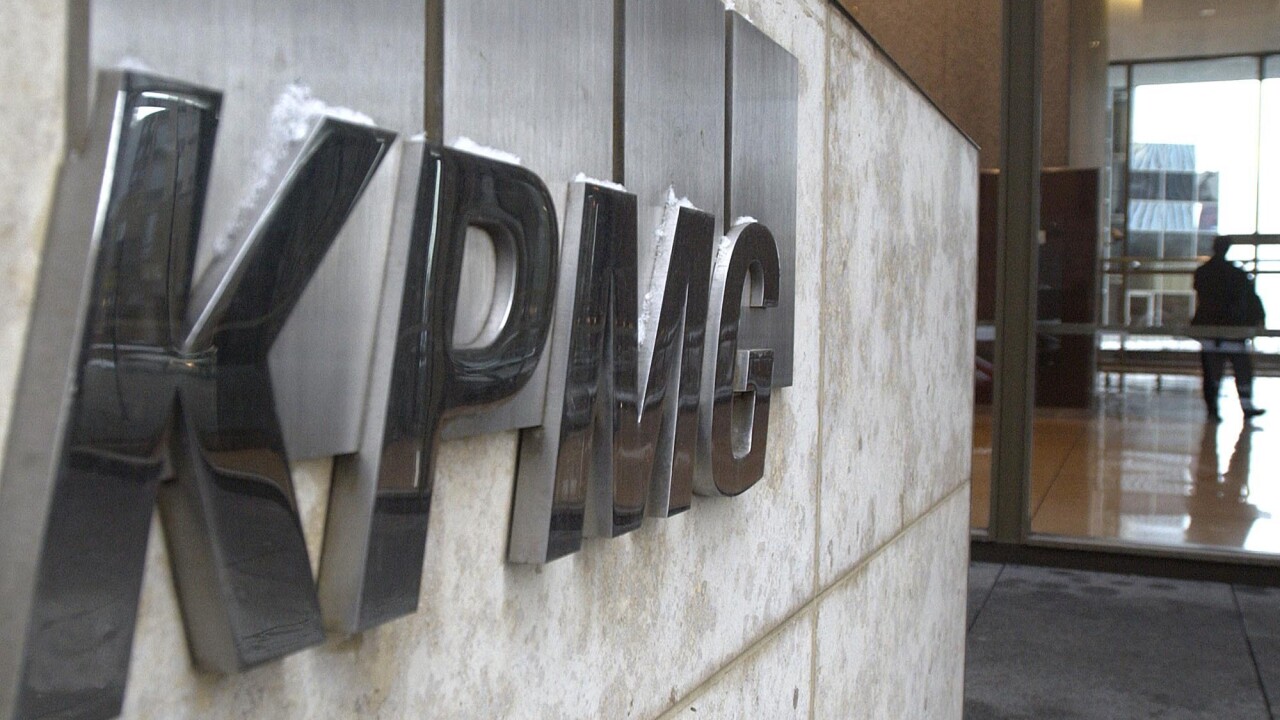Following the pandemic, a dramatic shift in the American workforce has led to an explosion in freelance labor.
More than half of people born after 1996 are self-employed, forgoing the corporate ladder in pursuit of flexibility, autonomy and a "new American dream." Even more complex tax requirements, such as the addition of quarterly IRS payments on estimated income, haven't dulled the movement's momentum, with freelancers opting to enlist qualified CPAs and accountants to help shoulder the burden instead of returning to full-time employment. However, in a chilling turn for these resilient freelancers and their trusted financial advisors, new regulations by the Department of Labor now threaten to irreparably damage the gig economy.
In late October, an Atlanta court ruled in favor of a Biden administration DOL guideline reclassifying many freelancers as full-time employees. The rule, which attempts to solve the problem of subpar benefits that have long plagued those who are self-employed, does so by forcing companies to hire their most prolific freelancers so that they may receive employer-sponsored benefits. However, by hamstringing freelancers and employers into a work style they neither fully want, the DOL's legislative folly risks destroying the freedom to freelance altogether. Thus, it is imperative that CPAs, accountants and other tax professionals band together with freelancers to implore the incoming administration to decisively repeal these guidelines.
The vital impact of freelance work
For millions of Americans, freelancing is a ticket to economic and geographical independence, and a way to level the playing field and uplift diverse perspectives in the workforce. None of these advantages can be easily replicated in a full-time work environment. From freelance writers broadening the perspective of publications to creatives transforming an organization's brand, these workers infuse new energy into companies every day, in addition to contributing $1.27tn in annual earnings to the US economy.
Freelancers also contribute more in taxes than the average worker, with the addition of a 15.3% self-employment tax to fund Social Security and Medicare to the normal slate of federal, state and local tax rates paid by all full-time employees. To offset these costs and help navigate the complexities of what constitutes a deductible business expense, freelancers will often turn to a professional CPA. This is a particularly critical step considering that freelancers are audited at three times the rate of full-time employees. Thus, even as full-time employees with W2-only returns have spurned their tax preparers for online options like TurboTax, the gig economy has become an unexpected lifeline for the dwindling accounting profession.
Better solutions for freelance benefits
Despite the DOL's misguided approach, the agency is aligned with freelancers in believing that the lack of benefits is one of the most pressing issues for freelancers today, one of the reasons why health insurance premiums are a deductible business expense. Without access to employer-sponsored plans, freelancers are left to fend for themselves to create a health insurance benefits package or piece together their retirement fund. They miss out entirely on many of the most prominent benefits enjoyed by full-time workers, including sick, parental and maternity leave, paid vacation, a 401(k) match and even a steady month-to-month income.
However, the accounting profession should join freelancers in imploring the next administration to let these issues be solved by the private sector, rather than through heavy-handed government action. Startups like Catch are already developing solutions to some of the biggest pain points of freelance work, including expensive health, dental and vision insurance. By acting as an administrative companion for independent contractors, Catch offers insurance rates comparable to those offered in a corporate benefits package, but for freelancers. However, in stark contrast to the DOL's proposal, freelancers also retain their independence. If a startup can strike a balance between providing affordable benefits to freelancers while allowing them to operate independently, surely it is not too tall an order to demand that the DOL do the same.
An action plan for freelance advocacy
Almost 40% of the entire U.S. workforce, or 64 million Americans, performed freelance work in just the past year alone. This is a figure worth celebrating not only for gig economy workers, but for every industry that benefits from a thriving freelance community, accountants and tax professionals included. However, if the DOL rule as written is allowed to remain on the books, the number of freelancers could decline precipitously in the coming years. Given the emerging, symbiotic relationship between the gig economy and their tax preparers, the accounting profession must intervene.
Taking action starts with lobbying the incoming administration for an immediate repeal of the DOL's current rule on Inauguration Day. However, regardless of success or failure, the accounting profession should recognize its advocacy efforts are only beginning. Given the rising prevalence of the gig economy to accountants' bottom lines, the profession should build on its momentum and push for pro-freelance legislation throughout the years to come, especially in support of self-employment tax reform efforts.
As written, the Biden administration DOL rule muddles the definition of freelance labor so that most independent contractors could conceivably be reclassified as employees. Such an expansive proposition isn't worth the risk, and the accounting profession should join freelancers in calling for an immediate repeal in favor of a more pragmatic approach to freelance labor. To sit idly by risks negating the positive impact of a thriving gig economy on the U.S. economy and its citizens.





